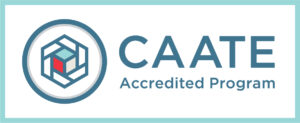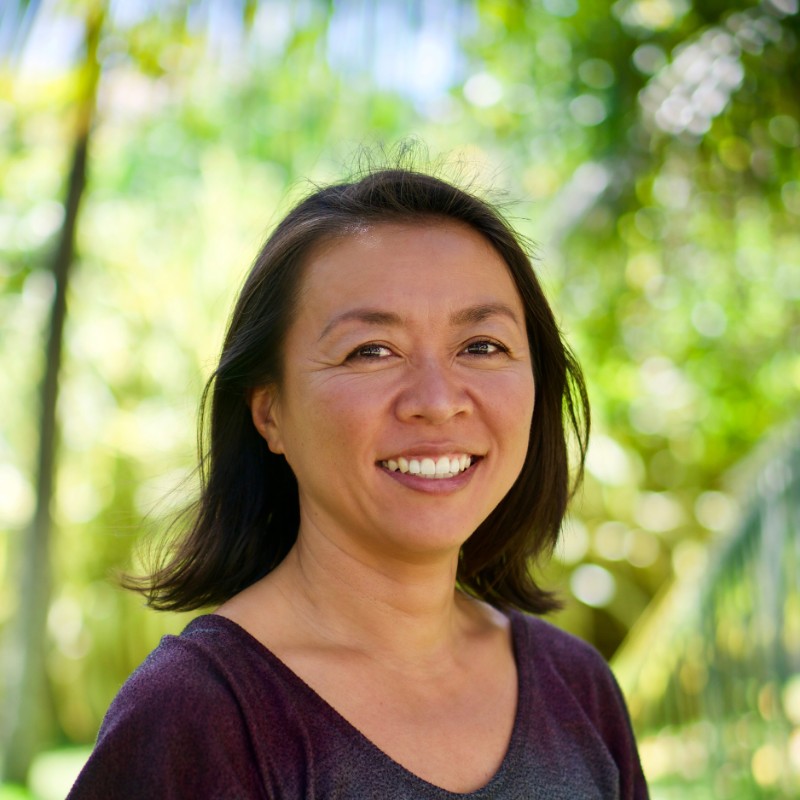Academic Plan
The program consists of classroom instruction, practicum/laboratory instruction, clinical experience, and research experiences in which the athletic training content areas of 1) evidence-based practice, 2) prevention and health promotion, 3) clinical examination and diagnosis, 4) acute care of injury and illness, 5) therapeutic interventions, 6) psychosocial strategies and referral, 7) healthcare administration, and 8) professional development and responsibility are developed and included. Graduate students seeking BOC certification must complete a minimum of 45 credits, as well as prerequisites courses and clinical education requirements. The ATP must be completed in two calendar years (i.e., Summer, Fall, spring semesters) of full-time study or six semesters of course work with clinical experience under the direct supervision of a Preceptor at an affiliated clinical site. Please see MS-AT program sheet for more details.
Clinical Education Plan
The Clinical Education Plan is designed to provide students with opportunity to apply the content learned in the didactic lectures and labs. Clinical Experiences are provided in KRS490, 609, 610, 611, 612, and 623. Clinical assignments consist of students assigned to preceptors who provide direct supervision for coverage of sports with upper extremity injuries, lower extremity injuries, equipment intensive, general medical, and rehabilitation settings. Students work with preceptors to gain clinical experience in all Core Competency areas and to perform at above 75% autonomy level. Percent autonomy is determined by the preceptor and reported in the reflection journal and end-of-semester evaluation. A total of 1200 hours of clinical experience is required for graduation which amounts to an average of 20 hours/week. Additionally, students are required to complete immersive clinical experience and selective clinical experience. Immersive clinical experience consists of 40 hours a week for 4 consecutive weeks or same work hours/schedule as your preceptor during the defined period (summer session II). The immersive clinical experience is a graduation requirement and provided in KRS623 online course. The selective clinical experience consists of professional development experiences at self-selected sites. A minimum of 100 hours is required to fulfill selective clinical experience requirement which is monitored in KRS609-612. Hours collected during winter and summer breaks at the assigned clinical site could count toward selective experience hours; however, the hours claimed for selective experience can’t be double counted toward the clinical experience hours.
Degree Requirements (Master’s Plan B)
- ATP students must complete:
- Pre-ATP Requirements (as needed)
- A minimum of 45 credits of required core courses (GPA no less than 3.0)
- Clinical experiences (minimum of 1,200 hours)
- Immersive clinical experience (minimum of 40 hours/week for 4 consecutive weeks)
- Final Comprehensive Examination
Program operational manual:
Student Learning Objectives (SLO) (updated 11-22-20):
- Successfully complete the BOC Examination
- Through comprehensive instruction of the NATA educational competencies.
- Through a comprehensive clinical education program for practical application of NATA clinical proficiencies.
- Through an integrated didactic and clinical education program, promote critical thinking and communication skills necessary for an allied health care provider.
- Understand the foundation of concepts in athletic training content areas through formal course instruction.
- Promote critical thinking and communication skills allowing for application of knowledge in the practical clinical setting.
- Through clinical problem solving and problem-based activities in the clinical education plan.
- Function socially and vocationally in society
- Through the clinical education program, integrated with off campus clinical sites, the student will develop skills for communication and tolerance for a diverse population.
- Through a strong didactic and clinical education, the students will be able to perform as a competent entry level certified athletic trainer.
- Promote the professional growth and development, and contribute in a positive manner to the athletic training profession
- Through membership in national, regional, and state professional organizations
- Through attendance at professional meetings
- Through introduction to professional research methods
- Develop self-worth, a value for human life, and respect the rights, welfare and dignity of each person they work with as a patient, student, or co-worker.
- Through Service Learning and Community Engagement
- Through instruction of the NATA Code of Ethics
- Through application of the NATA Code of Ethics in a diverse and comprehensive clinical education program
 The program is accredited by the Commission on Accreditation of Athletic Training Education (CAATE) until the 2030-2031 academic year.
The program is accredited by the Commission on Accreditation of Athletic Training Education (CAATE) until the 2030-2031 academic year.

